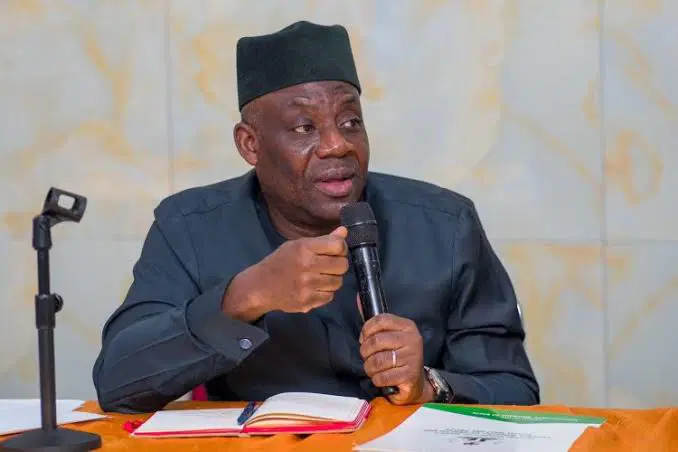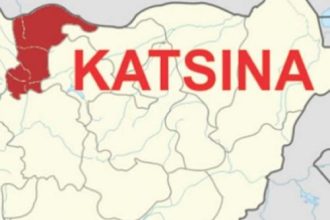The Minister of Education, Dr. Tunji Alausa, has stated that the Tinubu administration is fully committed to ending industrial actions by academic unions across Nigeria’s tertiary institutions.
Speaking during an interview on Channels Television’s Politics Today on Tuesday, Alausa revealed that President Bola Tinubu has issued a firm directive to prevent future strikes by unions such as the Academic Staff Union of Universities.
“The President has directed that not again in this country will ASUU, or tertiary institution trade unions go on strike,” the minister declared.
Alausa emphasized that the current administration’s approach focuses on consistent engagement and trust-building with academic unions, distinguishing it from previous governments.
“It is just not promising, there has to be a lot of relationship building. Beyond that, the government is meeting its obligation with these unions,” he explained.
The minister also dismissed reports of impending strikes, assuring that the government remains proactive in addressing the concerns of unions, including the Colleges of Education Academic Staff Union, the Non-Academic Staff Union, and the Senior Staff Association of Nigerian Universities.
His remarks followed the suspension of a strike by ASUU at Yobe State University, which began on July 11, 2025. The branch chairman, Ahmed Karage, confirmed that the union had signed a Memorandum of Understanding with the Yobe State Government to resolve lingering demands.
“Following the MoU, the president of ASUU has granted approval to call off the strike action,” Karage stated, urging members to return to work immediately.
Alausa further highlighted that the government’s reforms in the education sector are yielding positive results, with several Nigerian universities gaining international recognition in global rankings. The minister reiterated that the administration remains dedicated to fostering stability in tertiary institutions through dialogue and timely resolution of disputes.







